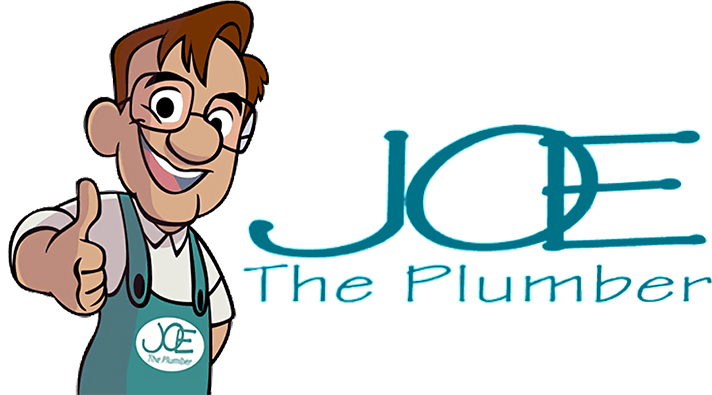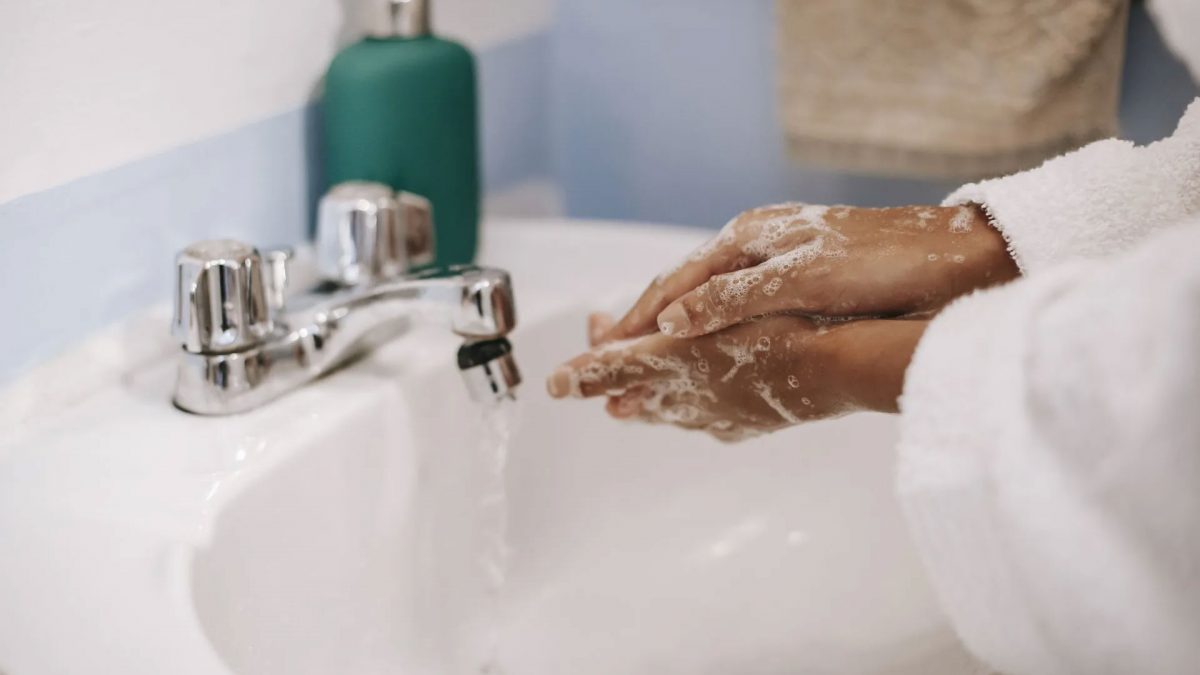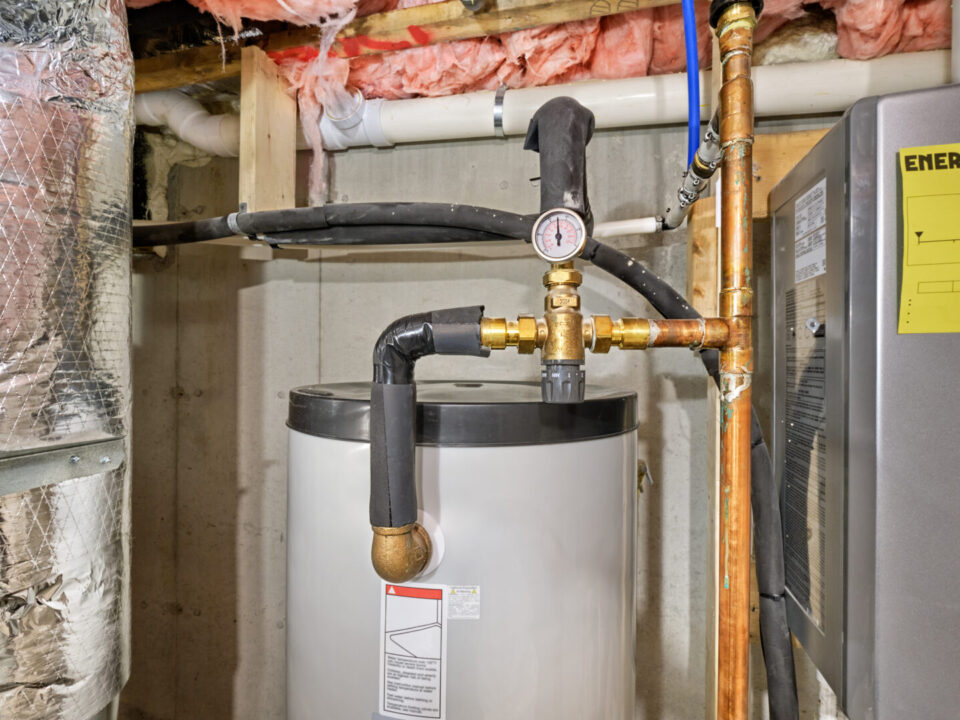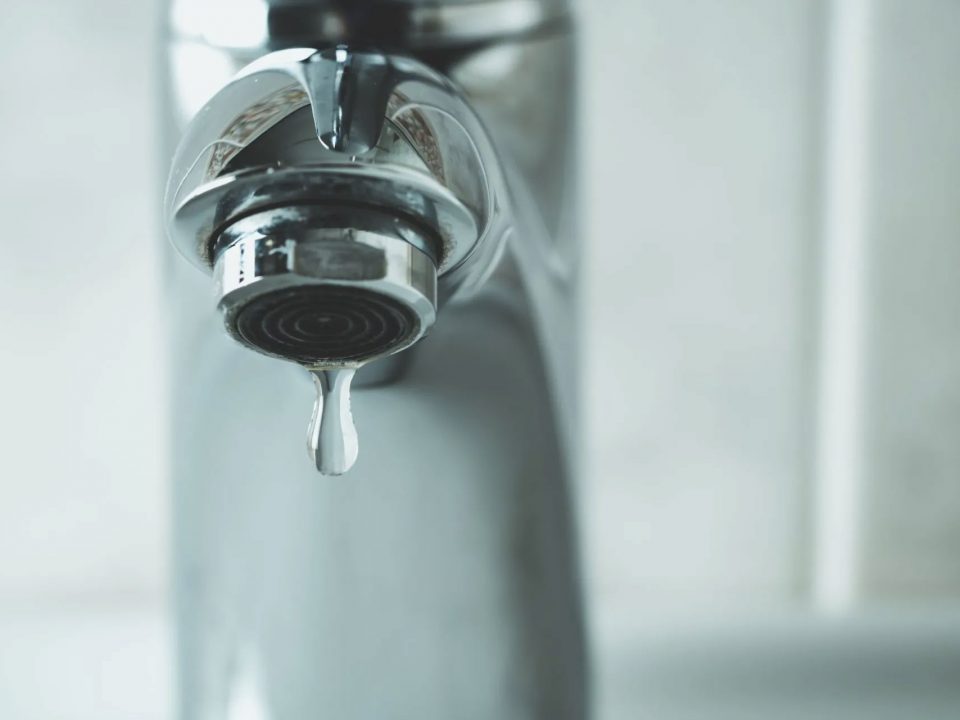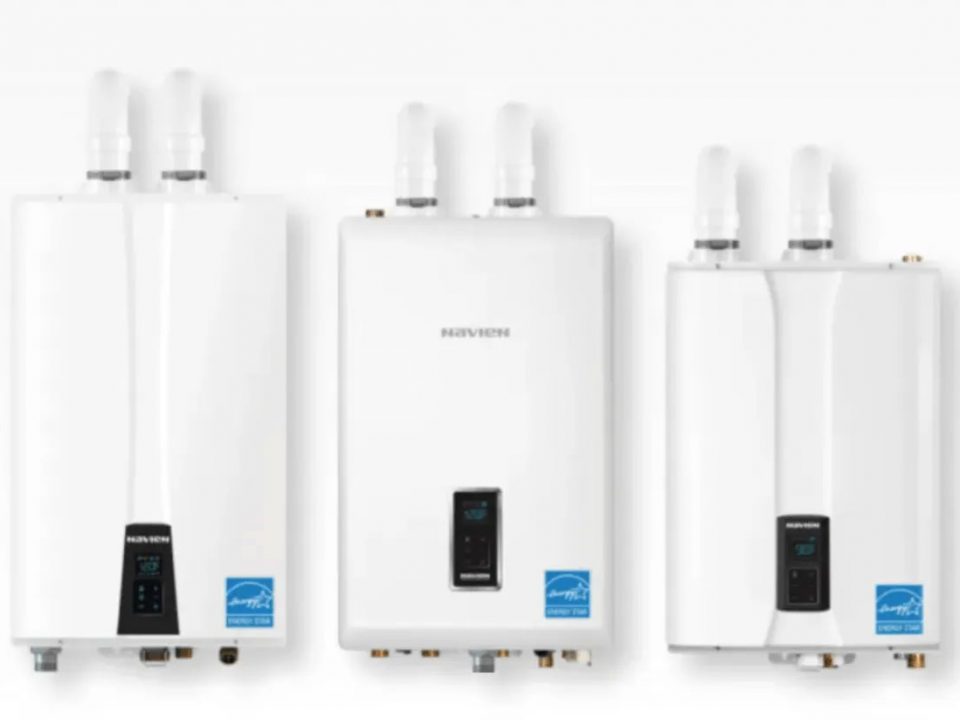As a homeowner, there are few things more frustrating than turning on the faucet only to find the water pressure is too weak for even simple tasks like washing dishes or taking a shower. While water pressure issues are common, there could be several reasons behind the problem, and not all of them require complicated solutions. At Joe The Plumber, we understand how annoying this issue can be, and we’re here to help you identify the most common causes of low water pressure in your home.
In this post, we will explore the typical reasons behind low water pressure, how you can troubleshoot some of these issues yourself, and when it’s time to call in a professional plumber. From clogged pipes to issues with your water supply, let’s break down why your water pressure might be lower than it should be.
1. Leaking Pipes
One of the most common causes of low water pressure is leaking pipes. Even a small leak can significantly reduce the water pressure in your home. As water escapes from a broken or cracked pipe, the amount of water that actually reaches your faucets or showerheads is reduced.
Signs of a Leaky Pipe:
- Visible water stains: These could be on your walls, floors, or ceilings.
- Damp or musty smells: A persistent damp smell can be a sign of a hidden leak.
- Unexplained increase in water bills: If your water usage hasn’t changed but your bill has gone up, it could indicate a leak.
If you suspect a leak, it’s important to act quickly to prevent further damage to your home. Some minor leaks can be fixed easily, but more severe leaks may require professional repair.
2. Clogged or Corroded Pipes
Over time, pipes can become clogged with mineral deposits, dirt, or debris, especially in homes with older plumbing systems or homes that use hard water. Hard water contains high levels of minerals like calcium and magnesium, which can gradually build up inside pipes, restricting water flow.
Corrosion is another issue that can reduce water pressure, particularly in older homes with galvanized steel or iron pipes. As pipes corrode from the inside, the flow of water becomes restricted, leading to a decrease in pressure.
How to Tell if You Have Clogged or Corroded Pipes:
- Discolored water: Rust or sediment buildup may cause brown or yellow-tinted water.
- Reduced water pressure only at specific fixtures: Clogs are often localized, meaning you may have good pressure in some areas of your home but not others.
- Noisy pipes: Clogged or corroded pipes may cause knocking or banging noises when water is running.
In most cases, professional plumbers will need to clear blockages or replace corroded sections of pipe to restore proper water pressure.
3. Faulty Pressure Regulator
Your home’s pressure regulator plays a crucial role in maintaining stable water pressure. If this device fails, it can cause either very high or very low water pressure. A malfunctioning pressure regulator may need to be replaced to restore proper flow.
Symptoms of a Faulty Pressure Regulator:
- Inconsistent water pressure throughout the house: If you notice the pressure varies significantly from one fixture to another, your pressure regulator may be to blame.
- Sudden drop in pressure: If the pressure was fine before but recently became low, this could indicate a regulator problem.
A pressure regulator can usually be adjusted or replaced by a plumber to ensure your water pressure remains at a safe and comfortable level.
4. Municipal Water Supply Issues
Sometimes, low water pressure isn’t an issue within your home at all but is caused by problems with your municipal water supply. Utility companies may perform maintenance or experience problems that temporarily reduce water pressure.
How to Check for Municipal Water Supply Issues:
- Contact your water provider: If you notice a sudden drop in pressure and nothing seems to be wrong inside your home, contact your local utility company to see if there are any known issues.
- Check with neighbors: If others in your neighborhood are experiencing the same issue, it’s likely a municipal problem.
While you can’t fix this issue on your own, your utility provider will typically resolve it within a reasonable timeframe.
5. Partially Closed Valves
Your home has several valves that control the flow of water, including the main shutoff valve and individual shutoff valves at sinks and toilets. If one of these valves is partially closed, it can reduce the amount of water flowing through your pipes and lead to lower pressure.
How to Check for Partially Closed Valves:
- Locate the main shutoff valve: This is usually found where the water supply enters your home. Ensure it’s fully open.
- Inspect individual fixture valves: Each sink, toilet, and appliance will have its own valve. Make sure these are fully open as well.
A quick check of your home’s valves could solve your water pressure problem without needing professional assistance.
6. Issues with the Water Meter
In some cases, the issue may lie with your water meter. Water meters help measure your home’s water usage and can sometimes cause pressure issues if they become faulty or clogged.
Symptoms of Water Meter Problems:
- Low pressure throughout the entire house: If all the fixtures in your home are experiencing low pressure, this could point to a meter issue.
- Inaccurate readings on your water bill: If your bill shows unusual spikes, even with normal usage, it could be an indication of a problem with the water meter.
A professional plumber can test your water meter and, if necessary, arrange for repairs or replacements through your water utility company.
7. Problems with Your Water Heater
If you’re experiencing low water pressure only when using hot water, the issue may stem from your water heater. Sediment buildup inside the tank or problems with the heater’s internal components can affect water flow.
How to Troubleshoot Water Heater Issues:
- Check for leaks around the water heater: If you see any water pooling around the base, this could signal a problem.
- Inspect the temperature and pressure relief valve: This valve ensures your water heater operates safely. If it’s faulty, it could lead to reduced pressure.
- Flush the water heater: Sediment buildup is common in water heaters and can lead to blockages that affect pressure. Flushing the tank may improve flow.
If you’re unsure how to troubleshoot your water heater, it’s best to contact a plumber who can inspect and service the unit.
8. Peak Usage Times
Sometimes, your water pressure can drop simply because of peak usage times. Early mornings or evenings, when many households are using water simultaneously, can lead to lower water pressure in your home.
How to Manage Peak Usage:
- Adjust your schedule: If you notice pressure issues at specific times of day, try to use water during off-peak hours.
- Install a water pressure booster: If peak usage is a regular issue, a booster pump can help maintain consistent pressure throughout your home.
While this issue doesn’t always require plumbing intervention, a plumber can help you determine if additional solutions are necessary.
When To Call a Professional
As helpful and necessary as it is, plumbing can be hard. Quality plumbing requires patience, expertise, and a lot of tools to fix problems, and homeowners can’t always have the time or experience to become a plumber. If you are struggling with low water pressure and can’t seem to figure out why it may be time to call a professional. For over twenty years, Joe The Plumber has proudly lead the greater Houston area in quality of service and customer satisfaction. You can be assured of a job well done every time thanks to the expertise and dedication of our staff.




